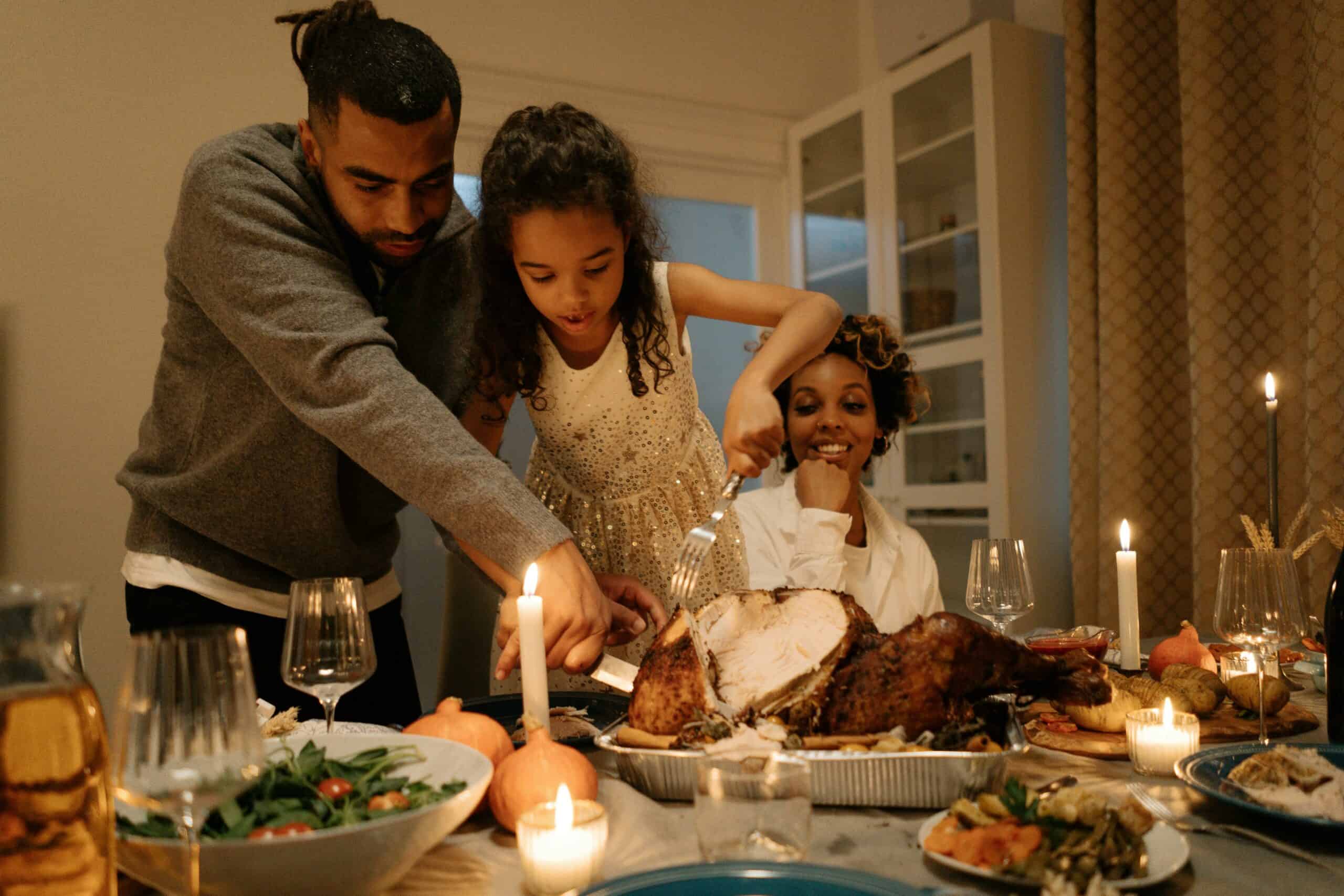- ENTERTAINMENT
25 Spooktacular Family Halloween Movies for a Fun Movie Night


Thanksgiving is often viewed as a joyous celebration of gratitude, family, and community. However, beneath the familiar narrative of Pilgrims and Native Americans coming together in peaceful harmony lies a darker and more complex history. For many Native Americans, Thanksgiving serves as a reminder of colonial violence, loss of land, and the erasure of their cultures.
The “First Thanksgiving” in 1621, commonly depicted as a harmonious feast between Pilgrims and the Wampanoag people, is more complicated than the traditional narrative suggests. While the feast did occur, it wasn’t a symbolic gesture of lasting peace or friendship. The Wampanoag had been devastated by diseases brought by Europeans, and their leader, Ousamequin, formed a fragile alliance with the Pilgrims for survival rather than mutual goodwill. The Wampanoag people were not formally invited to the event but reportedly arrived after hearing gunfire from the Pilgrims’ celebrations.
This temporary cooperation quickly unraveled as European settlers expanded their colonies, encroaching on Native lands and resources. The mutual assistance shared at the feast could not prevent the conflicts that followed, as colonization brought increasing violence and displacement for Native communities.
As more European settlers arrived, the peace between Native Americans and colonists deteriorated. One notable event, the Pequot War in 1637, saw hundreds of Pequot people massacred by English settlers, marking the start of a long history of bloody conflicts. Following such violent victories, colonial leaders sometimes declared days of thanksgiving, turning the holiday into a symbol of domination rather than gratitude.
In the decades following the “First Thanksgiving,” Native communities, including the Wampanoag, were continually displaced, enslaved, and killed. King Philip’s War (1675-1676), named after the Wampanoag leader Metacom (known as King Philip), was one of the deadliest conflicts between Native tribes and settlers. Metacom’s eventual capture and beheading by the settlers signified the brutal suppression of Native resistance.
Today, for many Native Americans, Thanksgiving is not a celebration, but a time to mourn the history of colonization and its continued impact on their communities. Since 1970, Native Americans and their allies have gathered at Plymouth Rock on Thanksgiving Day to observe a “National Day of Mourning.” This event honors the Native lives lost to colonization and draws attention to the ongoing struggles of Indigenous peoples in the United States.
Similarly, “Unthanksgiving Day” is observed on Alcatraz Island in California. This ceremony commemorates the occupation of Alcatraz by Native American activists in 1969, who protested the treatment of Native peoples and advocated for Native sovereignty. Both events challenge the mainstream narrative of Thanksgiving, encouraging a reflection on the real consequences of colonization.
While Thanksgiving remains a day for gathering with loved ones and expressing gratitude, it is also an opportunity to reflect on the holiday’s complex and painful origins. Understanding the full history of Thanksgiving, including the suffering endured by Native peoples, deepens the meaning of the day and fosters a more inclusive narrative.
As we enjoy our meals and celebrate with family, it’s essential to remember the history of those who lost their lives, land, and culture in the face of colonial expansion. Today, we can honor their resilience by learning about Indigenous history, supporting Native causes, and acknowledging the realities of America’s past.
Thanksgiving has long been celebrated as a time for expressing gratitude, but its dark history cannot be overlooked. For Native Americans, the holiday symbolizes the beginning of centuries of displacement and oppression. By recognizing this history, we can better understand the true origins of Thanksgiving and honor the voices that have been historically silenced. This deeper understanding invites all of us to engage with the holiday more thoughtfully, embracing both the joy and the tragedy that it represents.4o